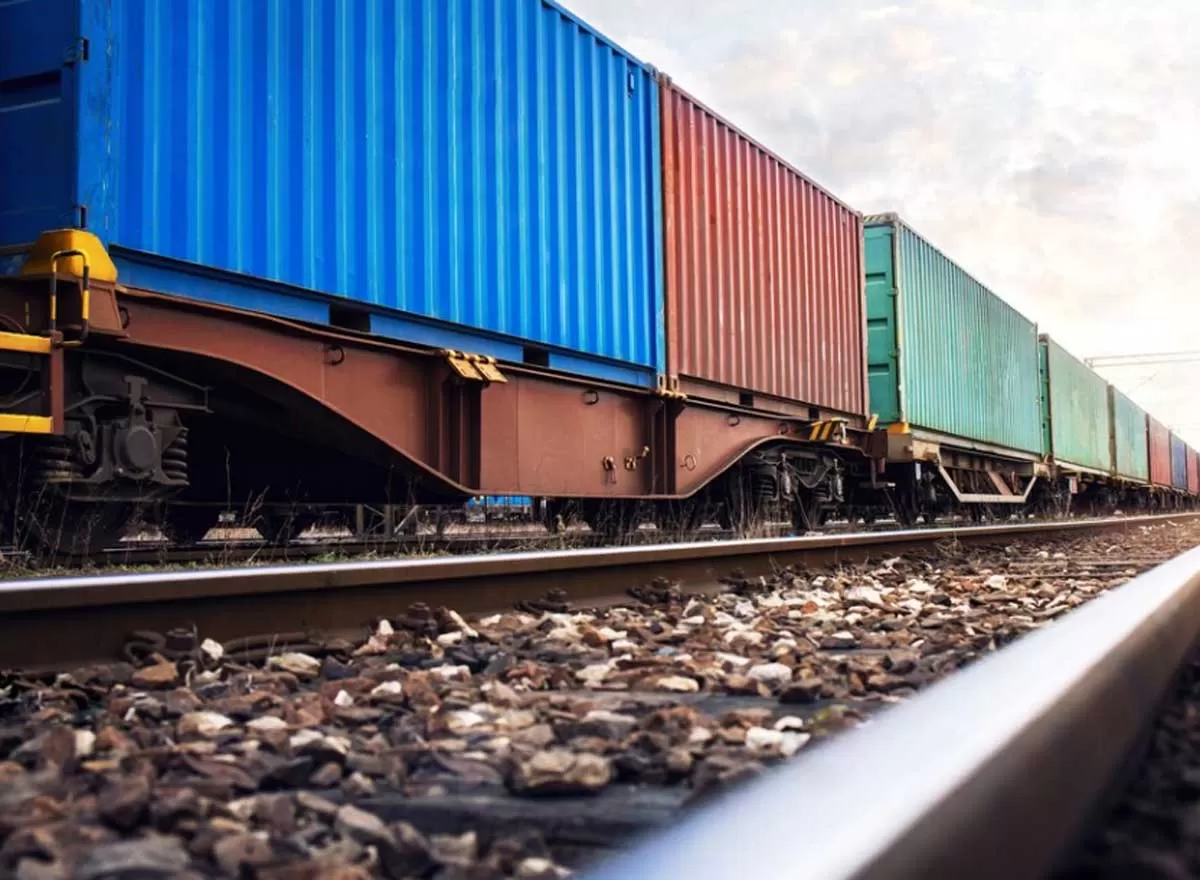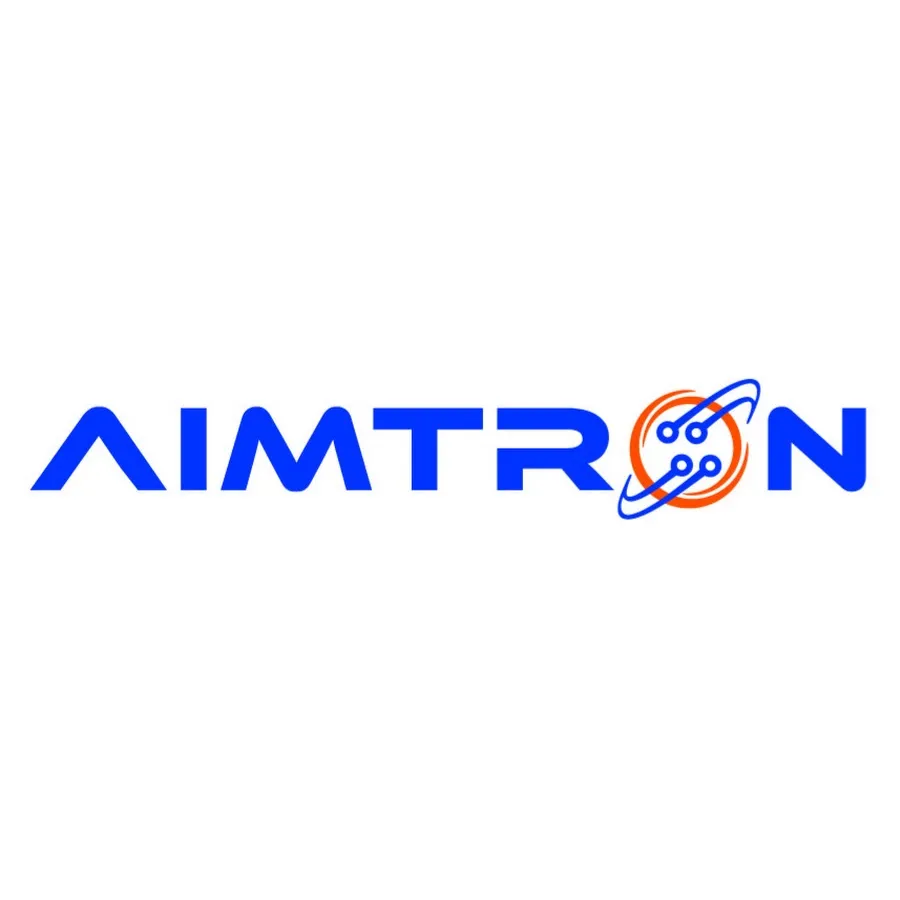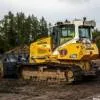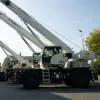
ECoR Sets New Freight Transport Record in FY 2024-25

Aimtron Enters Europe with Rs 38 Mn Order
Aimtron Electronics has secured its first European box-build order worth approximately Rs 38 million from a Europe-headquartered OEM with manufacturing operations in Spain, catering to global automotive and industrial customers.Valued at around €359,454.55 (approximately Rs 3,87,88,740.49), the order marks the company’s formal entry into the European market. Though modest in size, the engagement is considered strategically significant as it validates Aimtron’s capability to meet stringent European automotive quality, safety and compliance standards.The company indicated that, based on on..

Mumbai To Host Global South’s First Climate Week
Mumbai will host the inaugural Mumbai Climate Week (MCW) from 17–19 February 2026, positioning the city as a Global South platform for climate leadership, innovation and citizen engagement.Organised by Project Mumbai and supported by the Government of Maharashtra, the Department of Environment and Climate Change, MMRDA and Brihanmumbai Municipal Corporation, the three-day event will convene more than 400 speakers and representatives from over 30 countries.The central hub at Jio World Convention Centre will host leadership dialogues, thematic sessions, innovation challenges and an exhibition ..

Strong Bid Response for Bhubaneswar Ring Road
"National Highways Authority of India (NHAI) has received a strong response from bidders for the 111 km six-lane Access Controlled Greenfield Capital Region Ring Road (Bhubaneswar Bypass) project in Odisha.Bids were invited in three packages under the Hybrid Annuity Mode (HAM). Package I received 23 bids, Package II drew 25 bids, and Package III attracted 16 bids, reflecting robust competition across all sections. The contracts are expected to be awarded by March 2026, with construction scheduled for completion within 2.5 years from award.The project, approved by the Union Cabinet, involves de..

















